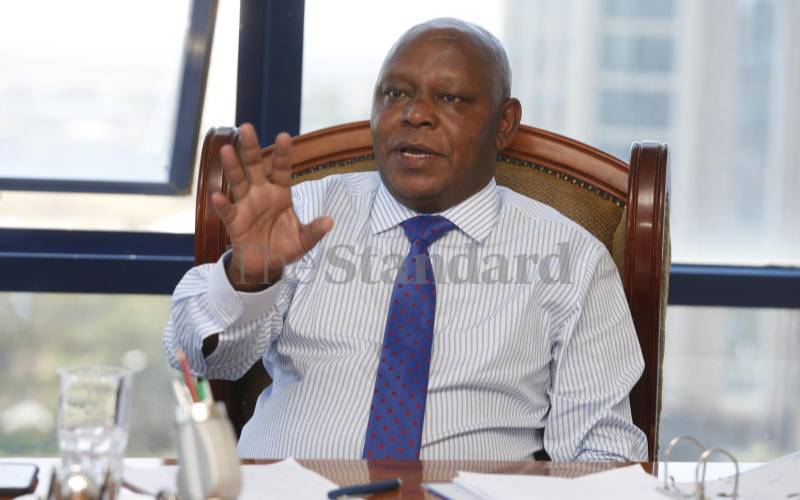×
The Standard e-Paper
Stay Informed, Even Offline

Huge sums of money banked by two witnesses who were to testify against Deputy President William Ruto and radio journalist Joshua arap Sang shortly followed by their recanting of evidence gave credence to claims of witness tampering.
This is the spine of submissions filed by outgoing International Criminal Court prosecutor Fatou Bensouda, urging The Hague-based court to confirm witness bribery charges against lawyer Paul Gicheru.